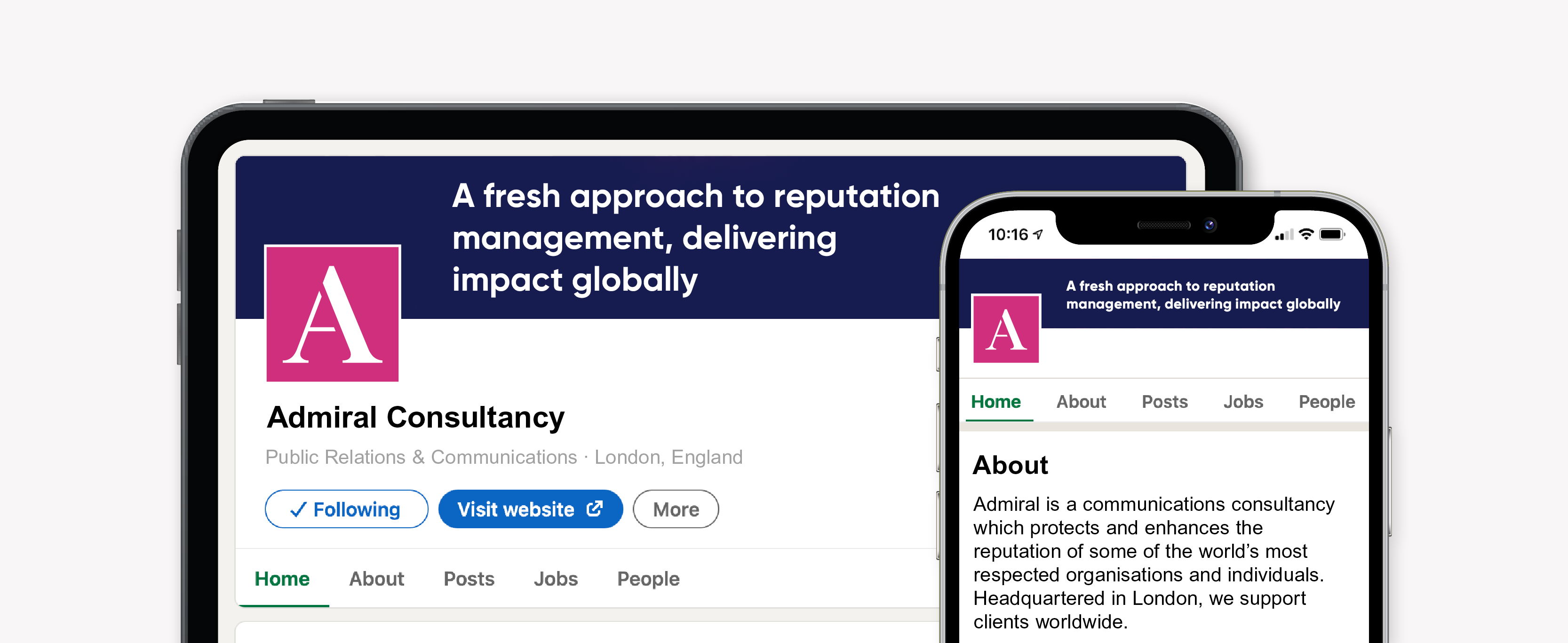
Not all research has had the impact its academic contributors might have wished for. In the worst cases university facilities seem to have been used to address the questions that no one had ever actually asked. It is hard to imagine how many people had been agitating to find out the results of the University of Cincinnati’s December 2013 research into whether you should buy all members of your family the same Christmas present.
Anthropologist and author Zora Neale Hurston described research as formalised curiosity, as “poking and prying with a purpose.” In recent years, it is this sense of purpose that has been called into question with the Government now making it clear that the £1.76 billion of grants available through the Research Excellence Framework (REF) are not for ‘irrelevant’ research, but for those that have direct relevance to and impact on the real world. Some academics say this will deprive the world of the ‘blue sky’ school of thinking which brought us the discovery of penicillin and the theory of evolution. Yet, with a clear steer given and public resources limited, there is an onus on all institutions to focus research in this direction.
For universities, one way to link academics with impact-driven research opportunities is to collaborate on ready-made business-led projects. Last week, the atomic bomb factory at Aldermaston invited researchers from Oxford University to take part in the first academic experiment using its world-leading Orion Laser. Although Orion is mainly used to support the UK deterrent programme, the Ministry of Defence has committed up to 15 per cent of Orion’s system time to cutting-edge collaborative research. Similar collaborations have been undertaken with Heriot-Watt, Cranfield, Bristol, Cambridge Universities and Imperial College London.
Clearly, different faculties can bring different perspectives to the ‘relevant’ brief. Business Schools may not offer cutting-edge scientific research, but can use their expertise to solve some of the more gritty problems of the day. Last week, the Open University Business School (OUBS) in Milton Keynes was brought in to work with the police force and agencies across the UK to help cope with reduced resources and to enhance the service the police offers the public.
If wishes made for research opportunities, there are also many who would wish for significant academic research input and REF funding to help tackle the global challenges to the environment. In early 2014, there are few problems more relevant in the UK than flood defence and indeed this initially promised to be a perfect academic opportunity for REF funding, appearing to meet the impact criteria required while ‘influencing and changing public policy and services’. The fact that university academics have not, as yet, been called upon to contribute to a government-led Think Tank on flood defence, however, may have more to do with the lack of academic influence at the heart of government than the validity of the potential research.
For market-led research collaboration to be a realistic prospect, the crucial factor is the establishment of close links between those that represent the needs of the market and those who provide the tangible research. The closer these links are, the more relevant the research and the greater its immediate impact. But academics should have nothing to fear from these relationships.
Although deprived of the opportunity to think completely outside of the proverbial box, they are in a privileged position. Just because research is ‘relevant’ does not make it shallow or without merit; in fact, in the words of Nobel Prize winning physiologist, Albert Szent-Gyorgi, “Research is to see what everybody else has seen, and to think what nobody else has thought.” To be able to share that gift with those who are working toward tackling the practical problems of the world today, is the best kind of impact there is.
